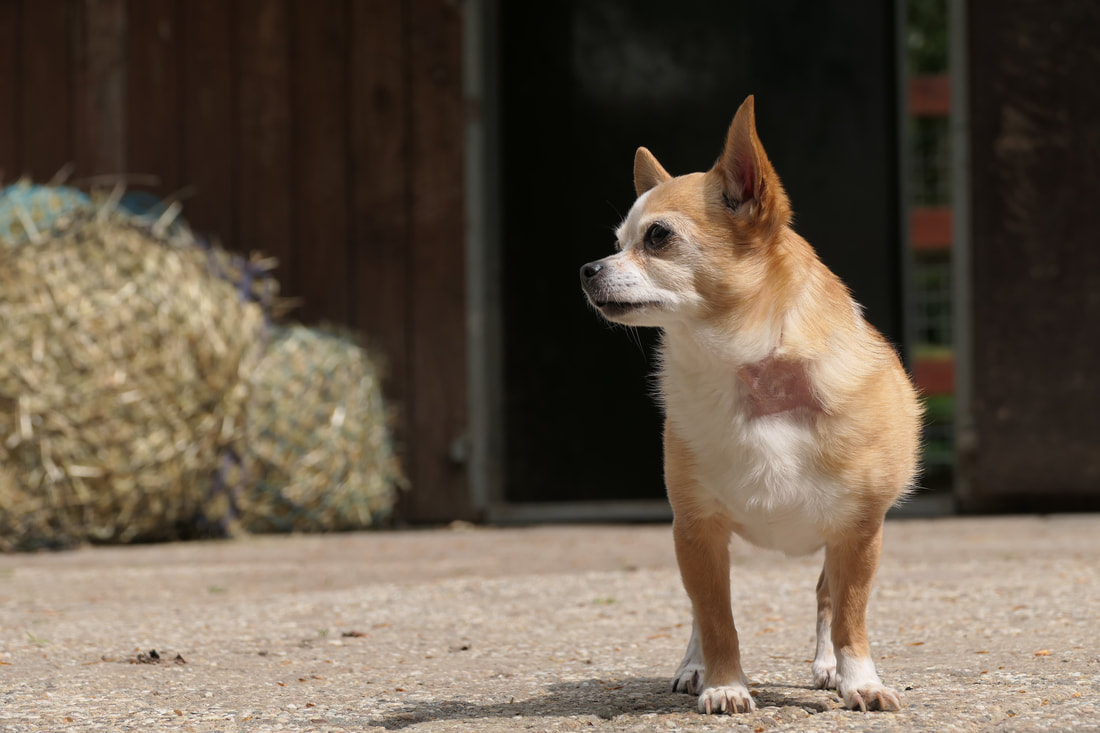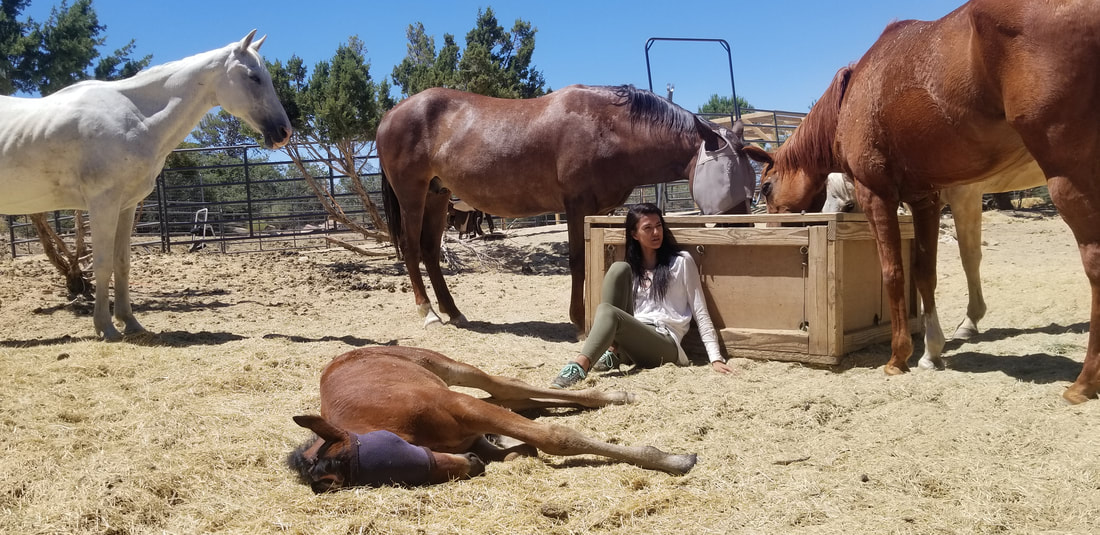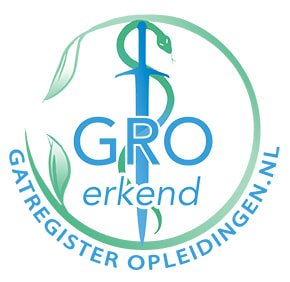Trauma Responses Explained I've always believed that the better we know ourselves, the better we can understand others - even animals. The Knowledge of Self and the experience to act on it is what horses perceive as Leadership. Enhancing your Leadership Skills isn't easy if you don't know what you're looking for, so here's a list of several and common Trauma Responses (that can be categorized in Fight/Flight/Freeze/Fawn) including ones I experience and how you can work with them; 1. Perfectionism Perfectionism is a coping mechanism if you've experienced a lack of being in control during your childhood. As adults we try to take back control by anxiously wanting everything we do to be perfect and we feel inadequate when we inevitably fail. It doesn't mean we aren't able, it means we're human and already perfect. 2. Imposter Syndrome If you're a perfectionist then chances are that you're experiencing Imposter Syndrome as well. We tend to feel like a fraud and not worthy of love, attention, praise or money. The line between deserving succes and being successful gets blurry and we tip toe in the in-between. We shove our true self to the background and only let our best parts be seen to shine. There's a great deal of shame when you experience Imposter Syndrome, which will bleed into every aspect of your life if you don't find out what parts you are suppressing/hiding. Allowing all of you to live, breathe and shine is the only way to embrace yourself and let shame go. 3. People Pleasing A typical Fawn response and coping mechanism for many of us. People-pleasing can become a way to avoid conflict, pain or even abuse and therefore creates a sense of safety. It's not just about being able to say 'No', it's also about choosing what you wear, eat or say when you go out into the world. 4. Hyper-Independence Not asking for help can be a trauma response. If all you've ever heard when you were growing up is 'you need to learn to do it yourself' or 'I'm too busy' etc, it's very common to feel like you're alone and the only one who can fix the wrongs and hardships. Here's a secret: only strong people ask for help.
0 Comments
Trauma Made Simple: Examples of how and why Trauma is a individual experience (for horses and humans) 1️⃣ There are over 500 different kind of phobias. If each and every one of us experienced and processed everything (including trauma) the same way, we would either have no phobias at all or be haunted by every singe one of them. 2️⃣ There are over a dozen types and subtypes of therapy. If we would all benefit from the same therapeutical approach, there wouldn't be so many different strategies to choose from. 3️⃣ There are numerous different seasonal and year-round allergies, including food and insect-bite reactions. If we all had the same immune system and chemical makeup, we would all suffer from the same reactions. 4️⃣ There are 4 main categories of generic disorders and about 6000 known disorders, some even life-threatening. Let's honor people having their own unique experiences without feeling the need to judge or doubt them; trauma is made significantly heavier by feelings of shame. We're complicated cans of chemical soup with feelings and ideas of our own and any emotional experience should be taken seriously. It is the baseline of a healthy nervous system and our only way back to healing our hurt. Love,
Zoë van Mourik | Equine Trauma & Behavior Specialist www.zoevanmourik.com & www.houseofhorsemanship.nl |
Details
AuthorBlogs about self-development, spirituality & more Archives
November 2023
Categories
All
|


 RSS Feed
RSS Feed


